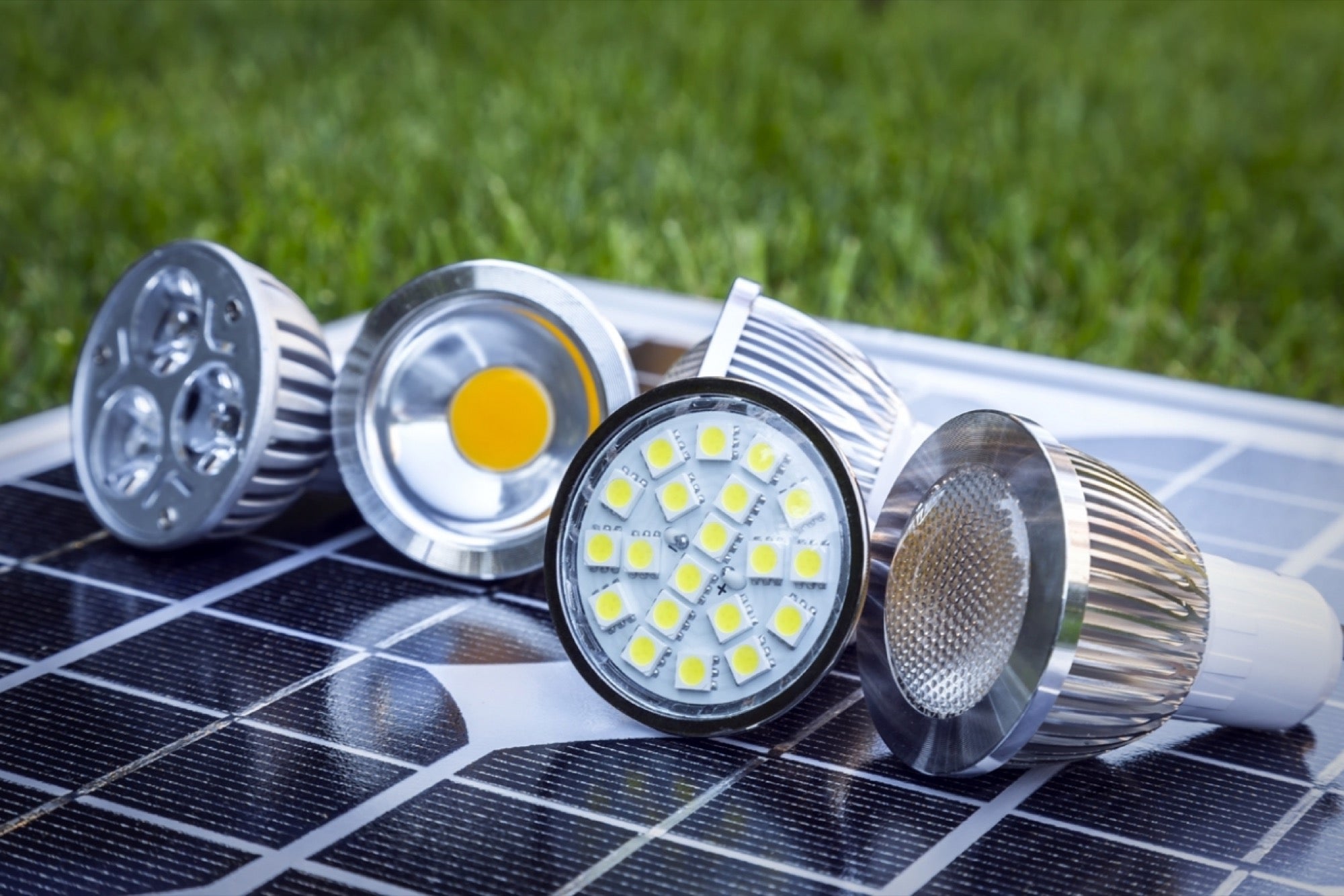Your Internet Signal Is Going To Be Transmitted Through Light Next generation wi-fi, called 'li-fi,' has the potential to be 100 times faster than current data transmission.
By Catherine Clifford •

Opinions expressed by Entrepreneur contributors are their own.

Imagine a world where your Internet connection comes from a light source. And in that world, your Internet connection is as much as 100 times faster than current wi-fi data transmission.
That future isn't imaginary. It's coming.
Tartu, Estonia-based startup Velmenni has unveiled the prototype for an LED light bulb called Jugnu which is capable of transmitting a data signal. The startup is currently working to build an Android app to capture the data sent through light, according to the company website.
Another startup working in the space, ByteLight, is using the power of LED light bulbs to transmit data combined with location sensor technology to track the location of shoppers in retail stores. If a store knows exactly what you are looking at when you are in a store, it can push coupons and content to your smartphone relevant to what you are looking at in real time.
Related: Google Just Got a Patent for Adding Holograms to a Google-Glass-Type Headset
While li-fi, or "visible light communication," is still largely the purview of university researchers and a small selection of high-tech, futuristic startups, the industry is expected to grow significantly over the next five years. Currently a $327.8 million industry, the visible light communication market is expected to be worth more than $8.5 billion by 2020, according to an estimate from the Indian market-research firm Markets and Markets.
Li-fi may sound like wild, mind-boggling, futuristic technology, but it also has the potential to solve very real, everyday problems.
As more and more people all over the globe come online, the radio waves that currently transmit data are becoming overwhelmed. When radio waves become overloaded, data transmission becomes slow. Painfully slow. Have you ever tried to get online at an airport?
Not only are we bringing more and more people in the world online, but people who are already online are demanding ever more data transmission. Consumers expect to be able to watch videos on their mobile devices. And the Internet of Things movement is embedding wireless connectivity to devices and gadgets that haven't previously used Internet, like your refrigerator, car and coffee pot.
Related: The Future of the Internet of Things Will Be 'Notification Hell' Before It Gets Better
There are exponentially more sources of light than there are radio waves, and therefore, there is potential for exponentially more data to be transferred through li-fi than with the wi-fi we are currently using.
"We have 1.4 million expensively deployed, inefficient radio-cellular base stations. And multiply that by 10,000, then you end up at 14 billion. Fourteen billion is the number of light bulbs installed already," says Harald Haas, a professor of Mobile Communications at the University of Edinburgh in the United Kingdom, who is credited with inventing the idea of li-fi. His TED talk introducing the technology from 2011 has received more than 2 million views.
In addition to providing greater access to data connectivity, li-fi is more secure than radio connectivity, says Haas. Light waves do not transmit through walls. Therefore, if sensitive data is transmitted via li-fi, it will not travel beyond the room where the light radiates.
Haas serves as the Chief Scientific Officer at the United Kingdom-based startup PureLifi, where he is overseeing the development of li-fi data transmission products.
For parts of the world where the infrastructure to support LED light bulbs does not exist, Haas has just in September unveiled technology that would allow the transmission of data through solar-powered energy cells.
To be sure, the solar cells that transmit data Haas demoed were early-stage prototypes. But he also says he does expect to be able to bring these technologies to market in the next two to three years.
"We hope we will be able to contribute to closing the digital divide, and also contribute to connecting all these billions of devices to the Internet. And all of this without causing a massive explosion of energy consumption -- because of the solar cells, quite the opposite," says Haas.
Related: For the First Time Ever, NASA Astronauts Eat Vegetables Grown in Space










